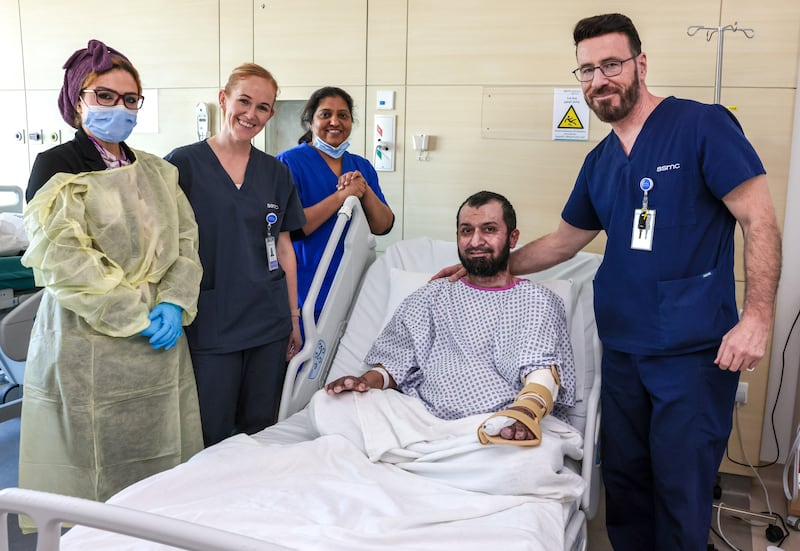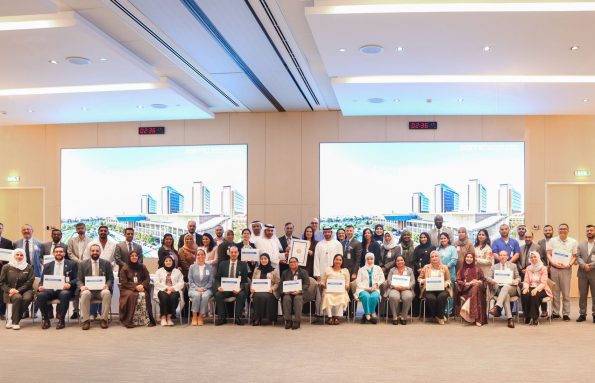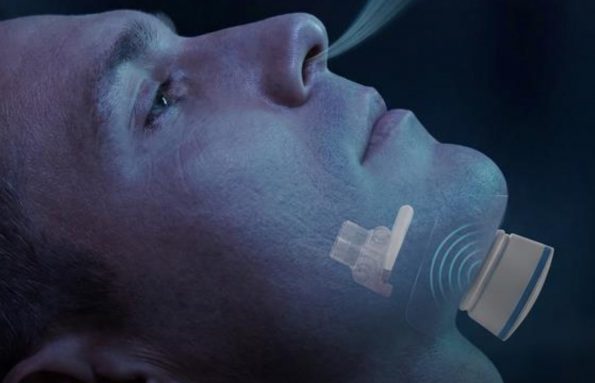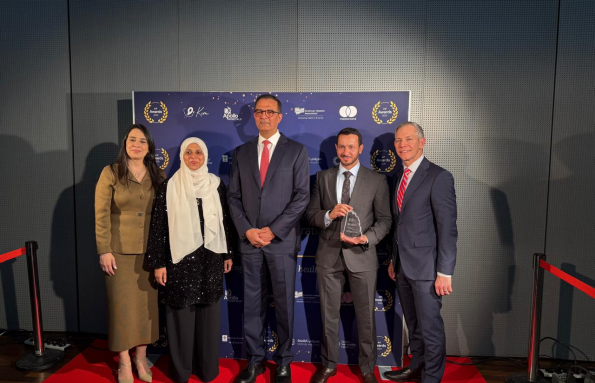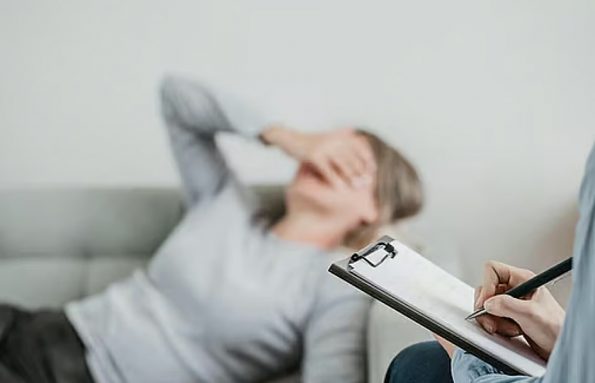Four Pakistani workers who suffered severe burns in a factory fire in Ajman are preparing to fly home after receiving life-saving treatment in Abu Dhabi.
The men were transferred to the capital’s Sheikh Shakhbout Medical City in induced comas, with doctors fearing their chances of survival were low due to the extent of their injuries.
They were among nine Pakistani citizens hurt when a huge fire erupted at a chemical products plant in the emirate in February.
The four patients – Gul Dad Dahri, Imam Bux Solangi, Nawab Shahnawaz, and Muhammad Akram Khan – were initially admitted to local hospitals before being moved to Abu Dhabi for specialist care.
They are now on a long road to recovery after undergoing a series of complex operations followed by months of gruelling rehabilitation.
Mr Solangi, 39, suffered burns to 90 per cent of his body in the blaze.
He is looking forward to going home to see his family, but hopes to return to the UAE to financially support his loved ones.
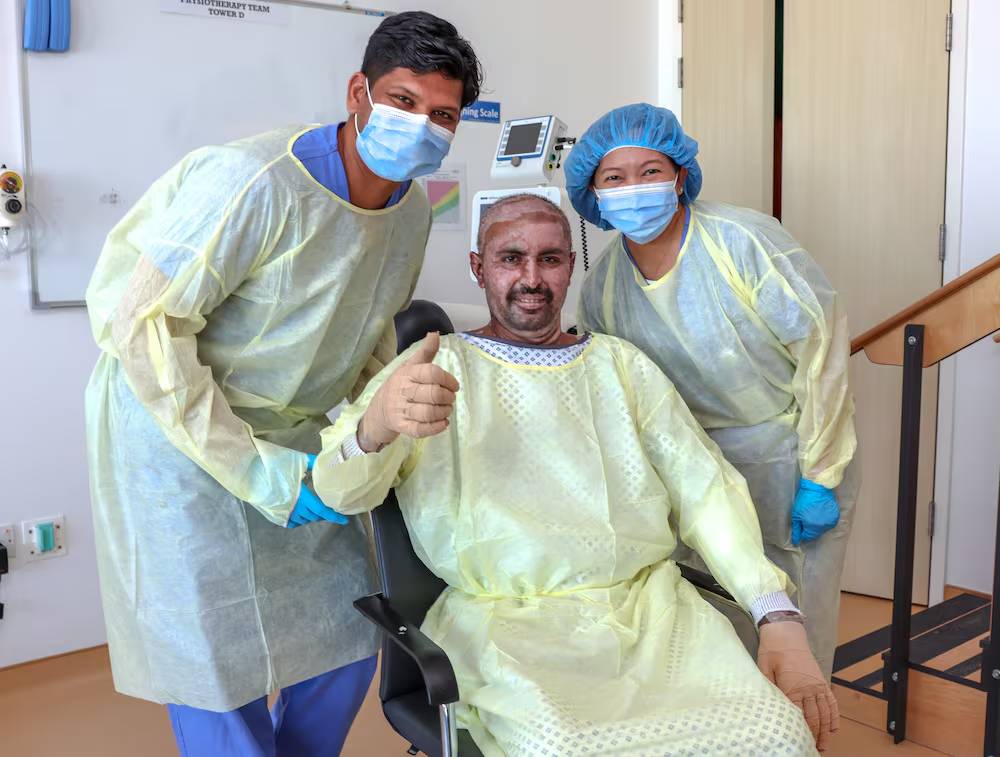
“I am excited to go home to see my family, but I want to come back to work in the UAE,” he said.
Mr Dahri, also 39, a father of two, was inspecting sanitiser bottles when the fire broke out.
“I tried to run away but the flames reached me,” he said. Shortly afterwards, he fainted.
He sustained burns on 63 per cent of his body and remains in a wheelchair.
Medics offer vital lifeline
Dr Simon Myers, a plastic surgery professor at the hospital and acting chair of its burns division, said the patients first required operations lasting about six hours to remove the burns.
“They’re massive operations, you lose a lot of blood, and it’s quite intense,” he said.
“For most of the operation, their whole body is exposed. Once the burn is removed, the wound is covered with donor skin and synthetic skin until it can be closed with the patient’s own skin in a series of operations over time.”
He hailed the dedication and expertise of the hospital’s medical team.
“The survival of these patients was a result of the hard work of a large team in a state-of-the-art facility, with access to modern skin replacement technologies.”
Key steps to recovery
Zaskia Ezendam, a senior occupational therapist at Sheikh Shakhbout Medical City, said patients who have incurred such serious burns require round-the-clock support once surgery has been carried out.
Intense physiotherapy is required to help get them back on their feet, particularly after months spent largely confined to a hospital bed.
“Once the doctors have done most of the surgery, the big job for us is to try and get them to move as much as possible, because the skin contracts really quickly, and the skin that they grafted, or after the burn injury, is not as elastic as normal skin would be.
“So there’s always a fine line – they have pain and they’re busy healing, but we need to start moving them as soon as possible to make sure that they get back as much movement as they can.
“So we’ve done a lot of exercises to get them moving, to get them out of bed, sitting up and walking.”
Three of the four patients are now walking independently, but the journey back to health is far from over.
“So the hard work for the patients also starts now,” said Ms Ezendam.
“Yes, we started rehab, but it’s something that’s still ongoing and that they will have to continue in their home country as well.”
Biji Varghese, a charge nurse at the hospital, highlighted the critical role played by nursing staff.
“The nurses covered the patients 24/7. The doctors do an amazing job in bringing back the patient but then it is up to the team to get them mobile again.
“Some days we are taking the patient by the end of the day, like the evening, so the patient will still have huge management needs, like fluid replacement, blood replacement.”
Two of the patients had cardiac arrests at one point.
“We almost lost the patients, but excellent management brought them back,” she said.
Sheikh Shakhbout Medical City is regarded as a centre of excellence for patients with complex care needs, such as burns victims.
The hospital treated 263 people for burn injuries in 2023.
Faisal Niaz Tirmizi, Pakistan’s ambassador to the UAE, visited the patients at SSMC this week.
He praised the medical staff for the care provided to the patients and conveyed his best wishes to the men, who he said would soon be transported home to Pakistan.
Source: Link

